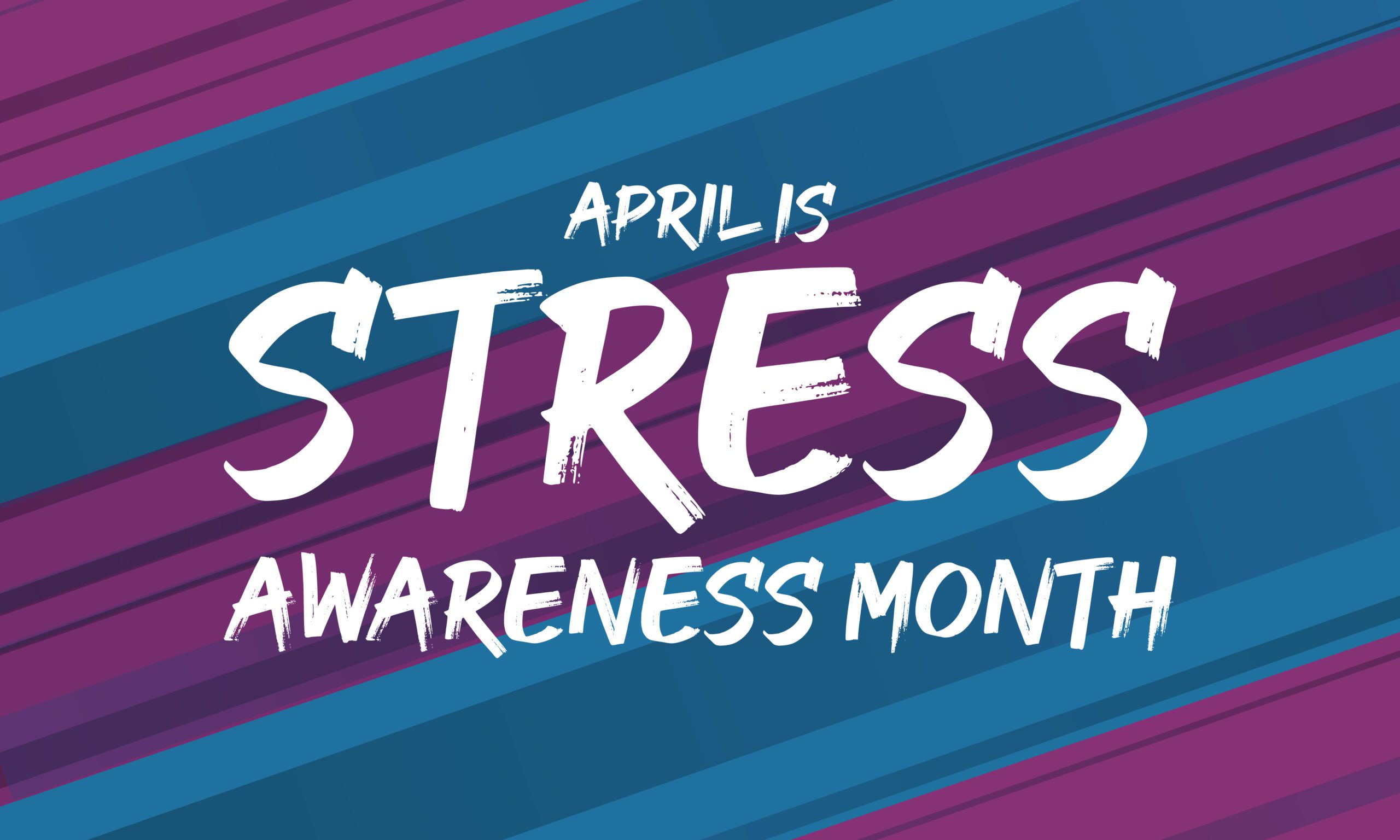While it sounds counterintuitive, there’s growing research about how exposing ourselves to short, sharp bouts of stress can be good for our health.
This can increase our resilience, protect against disease, and even help us live longer, healthier lives.
The biological phenomenon is known as hormesis, or hormetic stress, and is the principle that what doesn’t kill you makes you stronger, but only up to a certain point.
This is because there’s a sweet spot: too much is negative, but just the right amount stimulates a protective or beneficial response for the body to adapt to a new challenge.
These challenges could be cold plunges, hot saunas, high-intensity workouts, intermittent fasting, and eating foods high in natural plant chemicals.
When you put yourself through just the right amount of stress, you can help yourself grow stronger.
And what makes hormesis remarkable is that the adaptation doesn’t just make you ready for a particular stressor, but for other events as well, including heart attacks.
“We know that folk who have been exposed to hormetic stress and have adapted do better when it comes to any kind of extreme cardiac stress,” said the Founder of WellFounded, Dr. Jack Kreindler. “Instead of panicking and producing things that are bad for the body, they’re much more resilient and have better outcomes. Another example is adapting to altitude. When these people have an operation where their oxygen levels go down, they fare better. There are real world advantages to being adapted or being fit. A tree doesn’t grow strong and resilient until it’s pushed about by the wind.”
Dr. Kreindler added that being “fit” or “fitting to the environment” is how you should think of the concept.
“Exercise is stressful on your muscles, hearts, and lungs, and creates a drop in oxygen,” he said. “But this stress helps to condition your muscles and your cells to work more efficiently — to fit to the new stressful environment.”
The same thing can be applied to the brain and cognitive tasks. When you take up an instrument or language, the stress rewires the brain to be fit for the new environment.
Plus, certain foods can provide us with this kind of “good stress.”
“Specific dietary components play a critical role in triggering hormetic responses,” said Dr. Federica Amati. “Phytochemicals — compounds found in plant-based foods — such as sulforaphane from cruciferous vegetables, curcumin from turmermic, allicin from garlic, capsaicin from chili peppers, and resveratrol from grapes can all support cellular repair and reduce the risk of chronic diseases.”
Vitamins and minerals also have hormetic effects while being bound by the sweet spot.
Caloric restriction and fasting is one of the best researched areas of dietary hormesis, with studies showing that eating less, while getting the required nutrients, can extend the lifespan of different animals.
Human studies have also shown these benefits, and revealed the reduced risk of age-related diseases.
“This is largely due to the activation of stress response pathways that enhance cellular resilience,” commented Dr. Amati. “Dietary restriction serves as a mild stressor, prompting the body to bolster its defenses against more severe challenges, thereby promoting longevity and metabolic health.”
But how can people know where the sweet spot is with “good stress?”
Dr. Kreindler says that the challenge of modern life is that it’s very comfortable, meaning we’re not exposed to hormetic stress on a daily basis and we lost the ability to know where the line is.
But, he says that listening to your body is the best place to start.
Dr. Ran Crooke, a colleague of Dr. Kreindler, pointed out that stressors vary from person to person.
One experiment found that women are more resilient to periods with prolonged stressors, like the cold and altitude.
However, we don’t need to start with cold plunges, learning a new language, or daily sprints.
“The best way to introduce some healthy stress into our lives is to get out and walk,” said Dr. Crooke. “If you live quite a sedentary lifestyle, then just doing 10-15 mnutes of activity a day is going to have a huge impact.”
And if you want to try temperature-related hormesis, turn your shower to cold at the end as an easy way to start.
“The other thing which I think is really important as a hormetic stress is doing meaningful work,” Dr. Crooke added. “Your brain is a very, very important muscle and you want to keep it working with tasks that you can achieve. This can be anything from walking the dog to washing the car. These sound so simple but they work.”
by: Morgan DeVries



